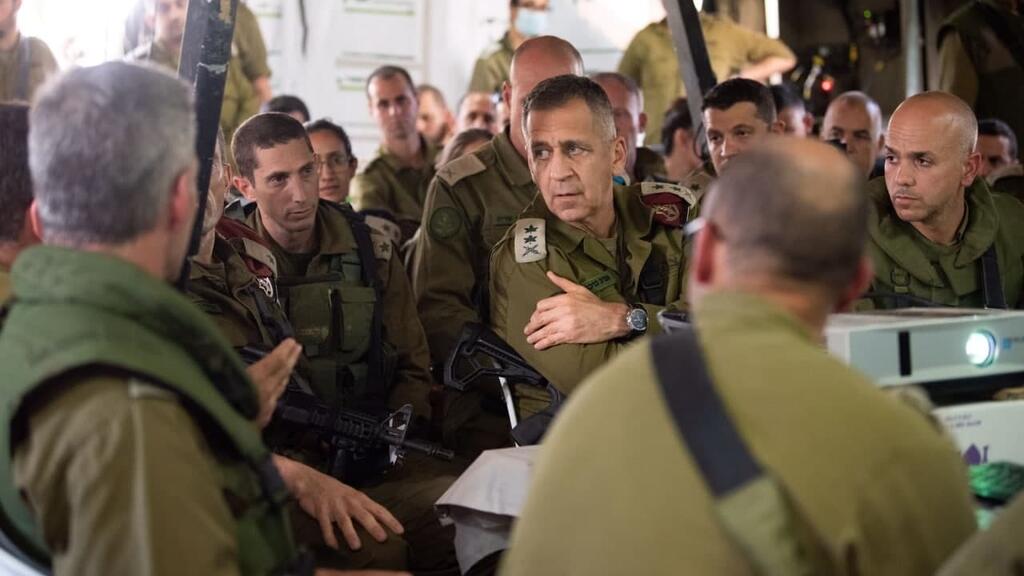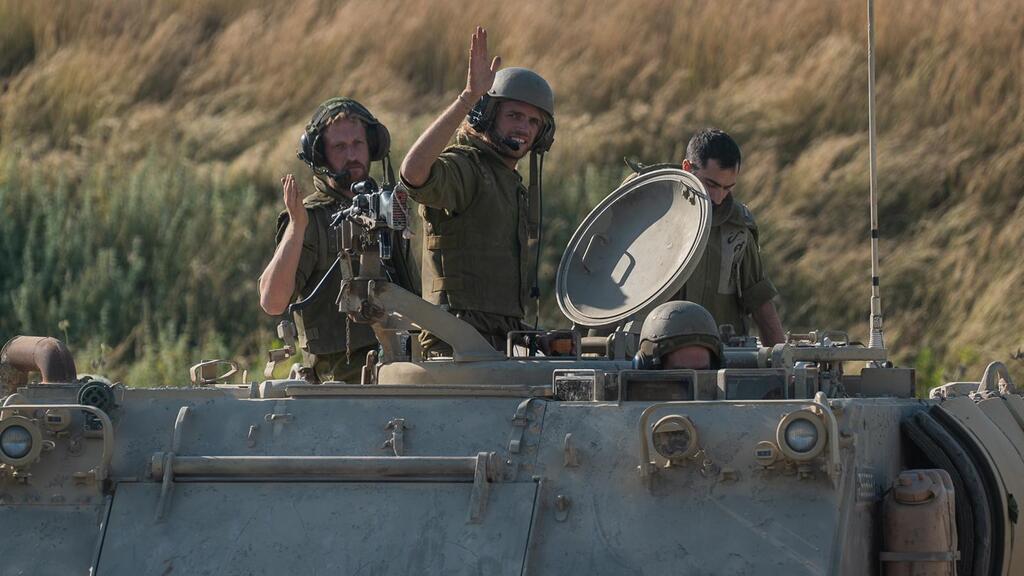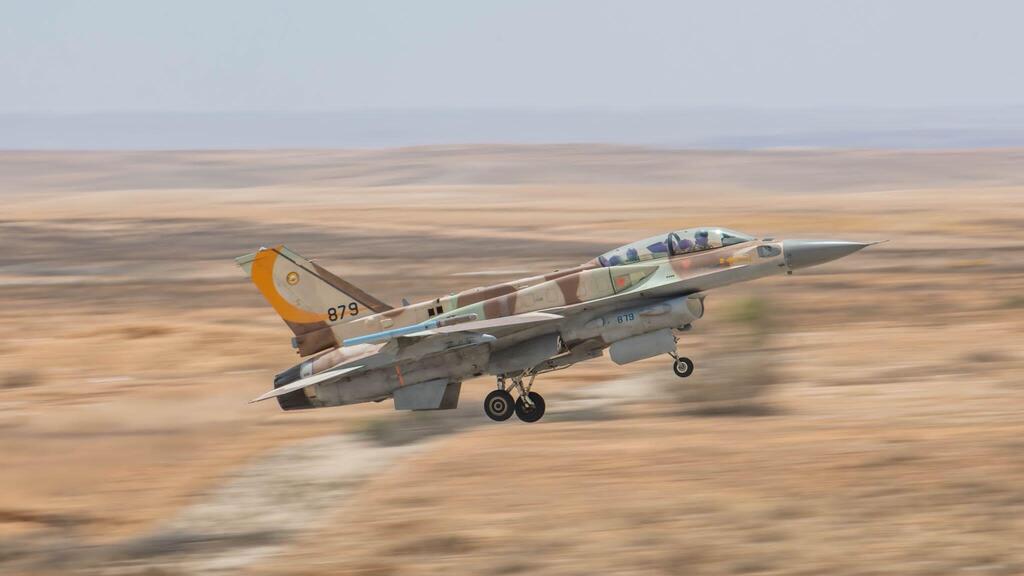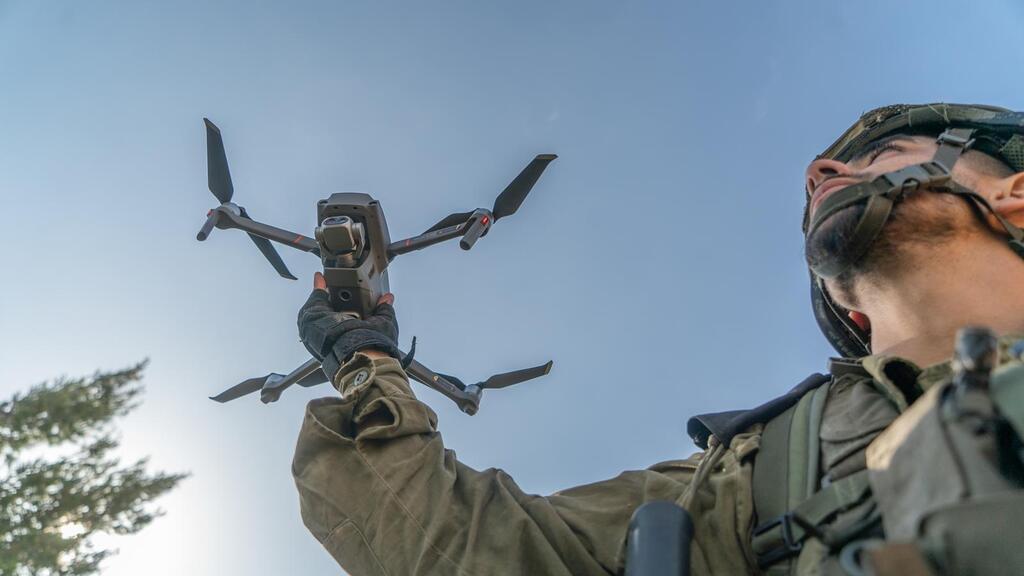Chief of Staff Aviv Kochavi said in case of a war against Hezbollah, ground forces, will have to operate across the Lebanon border, in order to defeat the Iran backed force.
Kochavi spoke to high-ranking military commanders as Israel begins the third week of its major military drill.
4 View gallery


Chief of Staff Aviv Kochavi (center) with IDF commanders, during drill to prepare for war against Hezbollah
(Photo: IDF Spokesperson's Unit )
The Chief of staff said the Lebanon based terror group has a dedicated elite force they call the Radwan Force trained to breach the border and enter northern Israel to occupy a military base or a one of the Israeli communities, to be used for propaganda reasons, and that the IDF is prepared to foil any such attempts and a new barrier is being constructed along the border.
Hezbollah is also able to deploy their 45,000 short range rockets, 80,000 medium and long-range missiles – dozens of which are precise missiles, and mortar shells.
The military believes as many as 1,500 rockets will be launched from Lebanon per day and thousands of IDF troops have been practicing a response including the destruction of launching sites.
The forces will target Hezbollah command and control centers near the border, anti-aircraft positions and observation posts as well as the terror group's troop movements to the South of the country.
4 View gallery


IDF military exercise to prepare for war on northern border
(Photo: IDF Spokesperson's Unit)
The military exercise included an incursion dozens of kilometers deep, into Lebanon.
In the IDF presentation to government officials, the military said rocket fire will continue thought the conflict, but its intensity and quality will diminish over time, if the land forces are deployed early on.
The IDF estimates that after nine days of fighting, that there may be thousands of casualties in Lebanon, many of them Hezbollah fighters but some civilians who may be hurt despite Israeli plans to evacuate civilians from around their targets.
Israel could suffer 300 civilian and military deaths after nine days, and the destruction of 80 sites around the country, including apartment buildings that may take direct fire and collapse.
In preparation of such a conflict, some 2,500 kilometers of roads and off-road paths were modified and prepared for the transport of tens of thousands of troops, tanks, APCs and other military gear.
Some of the newly developed routes and troop concentration areas, are meant to allow the free flow of soldiers and equipment, even in case of riots, which may spread to major highways.
The IDF has already prepared stores of food, medical supplies and other critical supplies on the ground.
The joint infantry, armor and air forces are currently training for a ground war against Hezbollah along with intelligence units, satellite images and other technologies, to allow a military response to changing up to the minute information.
4 View gallery


Airforce fighter jet during IDF exercise in preparation for war in the north
(Photo: IDF Spokesperson's Unit)
The military is also training attacks against a predetermined bank of quality targets prepared by the intelligence forces, and numbering in the tens of thousands.
In case of a war, hundreds of new targets will be added daily, to be dealt with the ground forces. Targets will be identified using advanced technological means including AI which would enable rapid action and even indicate the most appropriate weaponry to maximum results.
4 View gallery


UAV launched during military drill to prepare for war against Hezbollah in the north
(Photo: IDF Spokesperson's Unit)
The IDF's training capability was compromised because of budgetary reasons, for two years. A change came only after the government of Naftali Bennett assumed power and passed a national budget, allowing the military to divert resources to prepare the regular army for war.
But military leaders are uncertain as to how the impact of such a war on the home front, as it emerged from the drill, should be presented to the Israeli civilians.
The IDF understands Israelis may suffer under rockets and missiles fire in an intensity never before seen in Israel - but wish to avoid unnecessary panic.

